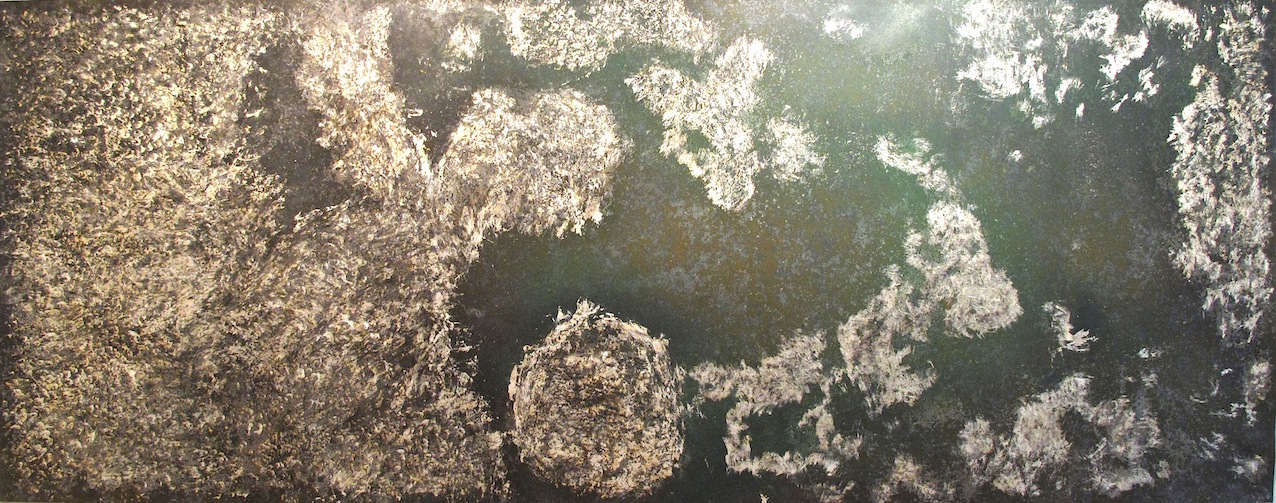The Corpus of the Continent: Embodiments of Australia in World Literature
Abstract
What is the present status of imagining a continental scale for literature as it denotes something that is neither national, regional, nor global? How does a continental formation such as Australia’s invite a reframing of the national-global dichotomy so constitutive to the methodologies of world literature? Critical regionalisms, worlding, ‘planetary’ poetics, and systems-based and network analyses of culture, history, and literature all offer rich supplements to national-global thinking, as evidenced by recent developments in world literature theory. This paper turns to the category of continent as one that simultaneously conjures territorial place, geological time-scales, indigenous history, colonial projects, and postcolonial national politics and affiliations. How do these various vectors play out in making and remaking a sense of continental identity? In what ways do literary canons inflect this process? Given the function of canons as a memory discourses of a kind, how do the critical politics of memory structure a reading of Australian, African, Indo-Pakistani, European, or hemispheric American ‘continental literature’? This paper does not inventory any of these literatures but rather explores how thinking at a continental scale brings into focus particular aspects of a literary corpus: deep historical time, territorial inheritance, ghost presences of those who were here before, necropolitical violence, ecological being and nonanthropocentric relationality, and more. These aspects turn on various corporealizations or embodiments of a continent (land, canon), but they are also deeply indebted to what might be called continental corpses, that is, the dead who still walk the land, still claim their day, still await their incorporation, and still oblige us to confront the traumatic histories of the past. This paper turns to the landscape of memory, as configured in trauma theory, psychoanalytic theory, and memory studies, in order to theorize the category of continental literature as something distinct from, and certainly useful for, world literature.Downloads
Published
2016-02-03
Issue
Section
Articles
License
The copyright for articles in this journal is retained by the author(s), with first publication rights granted to the journal. By virtue of their appearance in this open access journal, articles are free to use with proper attribution in educational and other non-commercial sectors.Attribution-NonCommercial-ShareAlike 2.1 Australia
This work is licensed under the Creative Commons Attribution-NonCommercial-ShareAlike 2.1 Australia License. To view a copy of this license, visit http://creativecommons.org/licenses/by-nc-sa/2.1/au/ or send a letter to Creative Commons, 543 Howard Street, 5th Floor, San Francisco, California, 94105, USA.
How to Cite
The Corpus of the Continent: Embodiments of Australia in World Literature. (2016). Journal of the Association for the Study of Australian Literature, 15(3). https://openjournals.test.library.sydney.edu.au/JASAL/article/view/10562

